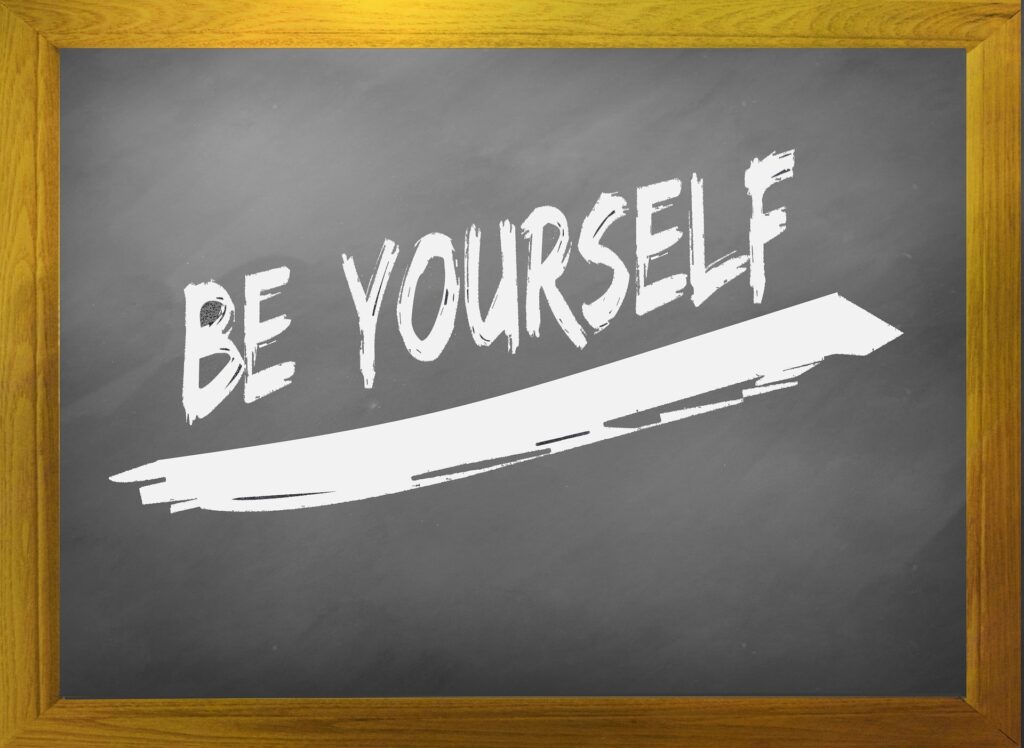Therapy is the big step in the direction of recovery but it can be scary, especially when you don’t know what is it going to be like.
Dr. Prerna Kohli
Therapy is not a pill that you will take and feel better instantly, in fact, it is a lot of hard work and consistency. A lot of time people come to me with the unrealistic expectation that therapy will work like a magic wand and cure them of their problems.
Your first session with the therapist will be different from future sessions. The aim of the initial visit is for you and your therapist to get to know each other and get an idea of how things while be proceeding in future sessions. Future sessions will be more therapeutic than the initial contact.

Initial contact
At first, your therapist might start the session with some informal talk to build a rapport with you. They may ask about your day and some normal small talk. This helps build a connection and trust in the therapeutic relationship. This makes it easier to talk to a stranger about ‘big things’.

A lot of questions are going to be asked
The Therapist like any other stranger who is trying to get to know you will ask a lot of questions to get to know you better. These questions help the therapist understand you and the problems that you are facing. Demographic information is taken along with other question like:
- If you have attended therapy before?
- Some questions about your history including your childhood, education, relationships (family, romantic, friends), your current living situation, career
- Questions related to your current living situation, lifestyle, and career
- What do you feel is wrong with your life?
- What are your symptoms?
- Difficult question as well like, do you have suicidal thoughts or have you ever tried to harm yourself?
Discussion about the treatment plan
you and your therapist together will work to decide your therapy goals. Depending on these goals and issues therapy can last a few sessions to several weeks or months. Therapy takes time, so try and be patient and work with the therapist. Discuss setting future sessions weekly or twice in a week depending upon your need.
Feedback
Any questions or doubts are welcomed and will be discussed. Some questions that you can ask the therapist:
The big part of a successful session is feeling comfortable with your therapist, which may come over time. However, if after a few meetings you are not clicking, you can discuss your concern with the therapist and seek help from another professional.
To learn more about Dr. Prerna Kohli click here
All images courtesy Pixabay

